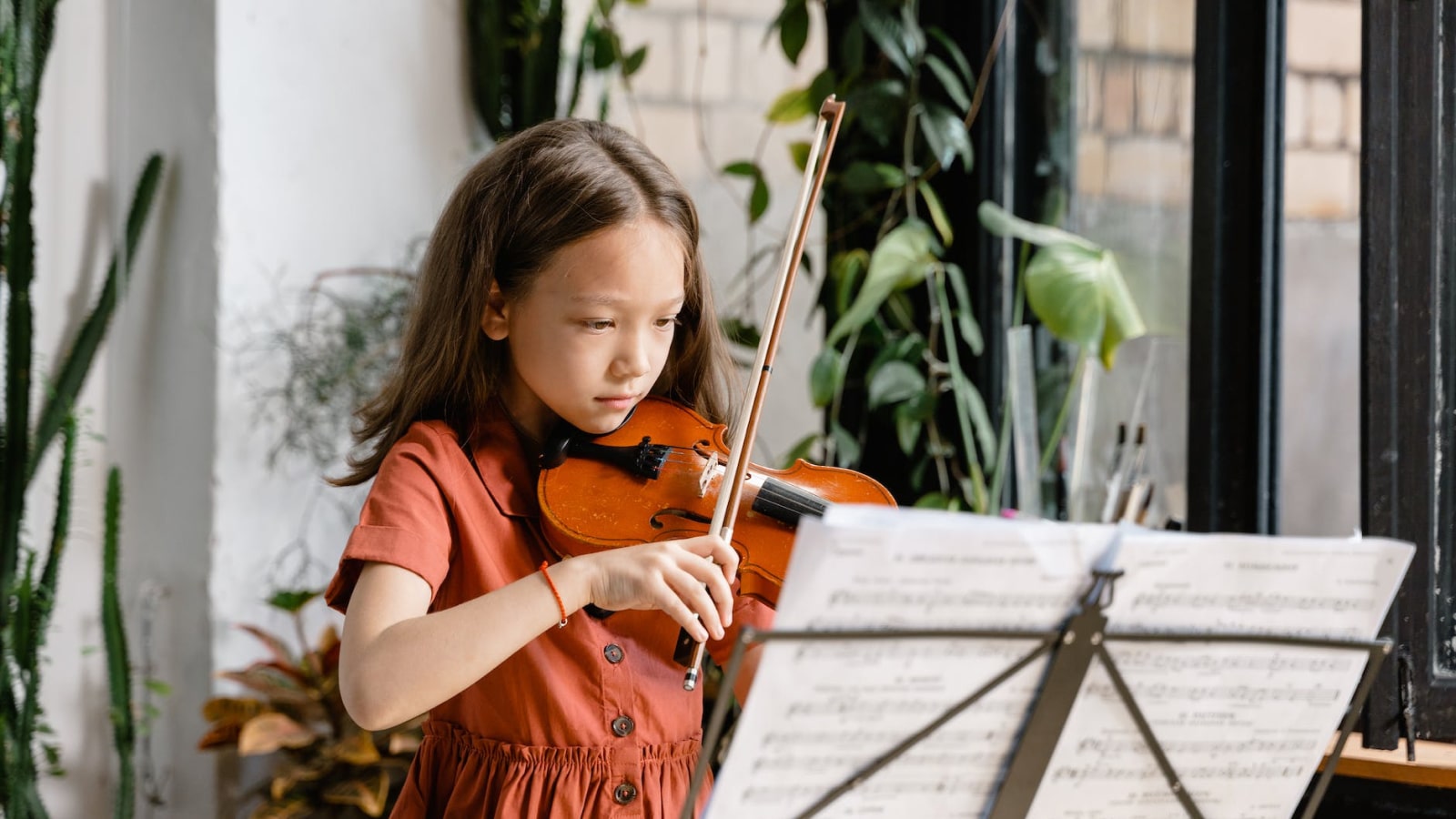Introduction
Raising a young musician is both a rewarding and challenging experience. As a parent, you play a pivotal role in nurturing your child’s musical talent while ensuring they receive a well-rounded education. The balancing act between academics and music can be tricky, but it’s entirely possible with the right approach. At Global Town School (GTS), we understand the unique needs of young musicians. Our flexible, personalized educational program allows them to excel both academically and musically. In this blog post, we’ll delve into the top five things parents should focus on when raising a musician, offering actionable tips and insights.
1. Encourage Consistent Practice
The Importance of Regular Practice
Consistent practice is the cornerstone of any musician’s success. It’s crucial for skill development and mastery of the instrument. Without regular practice, even the most talented young musicians can hit a plateau.
Creating a Practice Schedule
A well-thought-out practice schedule can make a world of difference. Aim for shorter, more frequent practice sessions to keep your child engaged. Consistency is key, and setting specific goals for each session can provide direction and purpose.
GTS’s Role in Facilitating Practice
The flexible schedule offered by GTS allows your child to fit in regular practice sessions without compromising their academic commitments. Our program is designed to adapt to the individual needs of each student, making it easier to integrate music practice into their daily routine. GTS students are at the wheel of their educational journey, setting up their daily, weekly schedule, and annual calendar. Rather than scheduling everything around your school as in traditional schools, you schedule your school around your needs, wants, and goals at GTS.
2. Invest in Quality Instruments and Instruction
Choosing the Right Instrument
The quality of the instrument can significantly impact your child’s progress. Investing in a good instrument is a long-term commitment to your child’s musical journey. A quality instrument not only sounds better but also makes the learning process more enjoyable.
Finding the Right Teacher
A qualified instructor can provide invaluable guidance. Look for teachers who are not just experts in their field but also have a knack for working with young musicians. Personal rapport and teaching style are just as important as credentials.
Music Resources at GTS
GTS offers a variety of music-related courses, ensuring that your child receives a comprehensive musical education. Our curriculum complements their musical journey, offering theoretical knowledge and appreciation of music and music history.

3. Provide Opportunities for Performance
Benefits of Performing
Performing in front of an audience can boost your child’s confidence and provide real-world experience that is invaluable for their development. It also offers a sense of accomplishment and helps them understand the emotional impact of music.
Finding Performance Opportunities
Local community events, school talent shows, and online platforms are excellent avenues for young musicians to showcase their talent. Encourage your child to participate in as many events as possible to gain exposure and experience.
GTS’s Global Network
Being part of GTS’s diverse student body offers unique opportunities for international exposure and collaborations. Our students often engage in cross-cultural collaborations, enriching their musical and academic experiences.
4. Foster a Supportive Environment
Emotional Support
The ups and downs of a music career can take an emotional toll. A supportive family environment is crucial for your child’s well-being. Open communication and active involvement in their musical journey can make all the difference.
Comprehensive Coaching at GTS
GTS’s coaching program focuses on the overall development of the student, including emotional and social skills, which are vital for young musicians. Our success coaches work closely with students to help them navigate challenges and celebrate achievements, both academic and personal.

5. Balance Music with Academics
The Need for a Well-Rounded Education
While music may be your child’s passion, a well-rounded education is essential for long-term success. Academic skills like critical thinking and problem-solving are invaluable in any career, including music.
Balancing Responsibilities
Juggling academic and musical commitments can be challenging. Time management and prioritization are key skills to develop. Encourage your child to use planners or digital tools to keep track of their responsibilities.
Personalized Learning at GTS
GTS’s personalized learning approach allows your child to excel academically while pursuing their musical interests. Our coaching program aims to help students gain soft skills such as study skills, organizational skills, communication, mindfulness, growth mindset, perseverance, and problem solving. These skills are critical for any students to succeed in academic and personal life. Additionally, our flexible curriculum is designed to adapt to each student’s needs, making it easier to maintain a healthy balance between academics and music.
5. Conclusion
Raising a musician is a fulfilling journey filled with highs and lows. By focusing on these five key areas, you can provide the support and resources your child needs to succeed. GTS’s flexible and personalized educational programs are designed to meet the unique needs of young musicians. If you’re interested in an educational experience that complements your child’s musical journey, we invite you to explore what GTS has to offer.







